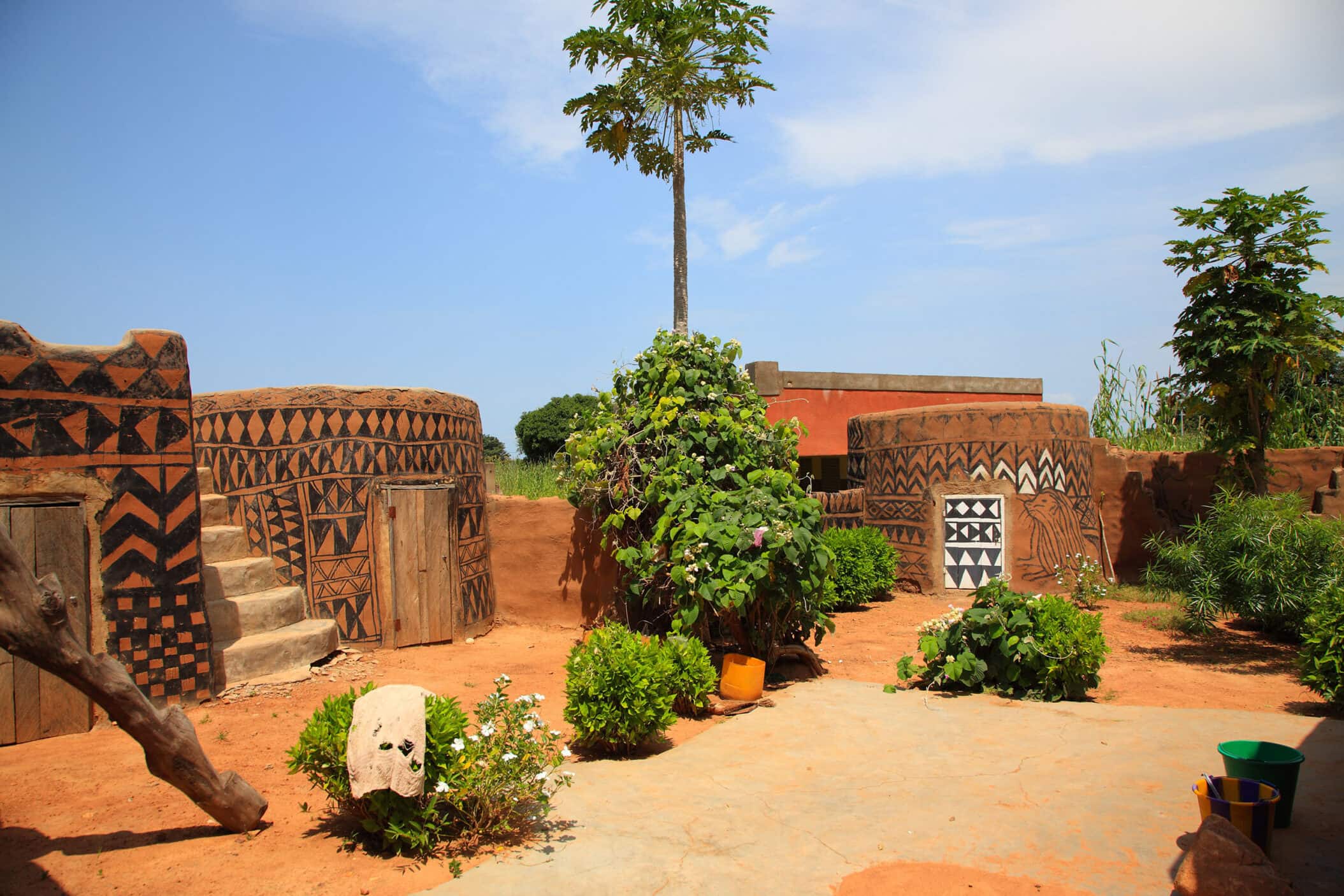
Ever wondered about Burkina Faso? This landlocked country in West Africa might not be on everyone's radar, but it holds a treasure trove of interesting facts. Did you know Burkina Faso means "Land of Honest Men"? With a rich cultural heritage, it boasts over 60 ethnic groups. Ouagadougou, the capital, is known for its vibrant arts scene, especially the Pan-African Film and Television Festival. Despite challenges, the people of Burkina Faso are known for their resilience and warmth. From its unique Mossi Kingdoms to the stunning landscapes of the Sahel, there's so much to learn about this fascinating nation. Ready to dive into 20 amazing facts about Burkina Faso? Let's get started!
Key Takeaways:
- Burkina Faso, a diverse West African country, has a rich history, vibrant culture, and a growing economy based on agriculture, gold mining, and cotton production.
- With its unique wildlife and natural reserves, Burkina Faso faces environmental challenges but is working on conservation efforts to protect its natural resources.
Geography and Climate
Burkina Faso, a landlocked country in West Africa, boasts diverse landscapes and climates. From savannas to semi-arid regions, the country's geography is fascinating.
- Burkina Faso is bordered by six countries: Mali, Niger, Benin, Togo, Ghana, and Ivory Coast.
- The country covers an area of approximately 274,200 square kilometers.
- The climate varies from tropical in the south to semi-arid in the north.
- Burkina Faso experiences a rainy season from May to October and a dry season from November to April.
History and Culture
Burkina Faso has a rich history and vibrant culture influenced by various ethnic groups and historical events.
- The name "Burkina Faso" means "Land of Incorruptible People" in the local Mossi language.
- Burkina Faso was formerly known as Upper Volta until it was renamed in 1984 by President Thomas Sankara.
- The country gained independence from France on August 5, 1960.
- The Mossi people, the largest ethnic group, have a history that dates back to the 11th century.
Economy and Resources
Despite being one of the poorest countries in the world, Burkina Faso has a growing economy with various resources.
- Agriculture is the backbone of Burkina Faso's economy, employing about 80% of the population.
- The country is a significant producer of cotton, often referred to as "white gold."
- Gold mining is a crucial industry, making Burkina Faso one of Africa's top gold producers.
- Livestock farming, including cattle, sheep, and goats, is also an essential part of the economy.
Language and Education
Language and education are vital aspects of Burkina Faso's society, reflecting its diverse population.
- French is the official language, a remnant of the colonial era.
- There are over 60 indigenous languages spoken in Burkina Faso, with Mooré, Dioula, and Fulfulde being the most common.
- The literacy rate is relatively low, with only about 41% of adults being able to read and write.
- Education is compulsory for children aged 6 to 16, but many children, especially in rural areas, do not attend school.
Wildlife and Environment
Burkina Faso is home to a variety of wildlife and natural reserves, making it a unique destination for nature enthusiasts.
- The country has several national parks, including Arly National Park and W National Park, which are part of the W-Arly-Pendjari Complex, a UNESCO World Heritage site.
- Burkina Faso is home to diverse wildlife, including elephants, lions, hippos, and various bird species.
- Deforestation and desertification are significant environmental challenges due to overgrazing, agriculture, and climate change.
- Efforts are being made to promote sustainable practices and protect the country's natural resources through reforestation projects and conservation initiatives.
Final Glimpse at Burkina Faso
Burkina Faso, a landlocked gem in West Africa, boasts a rich tapestry of culture, history, and natural beauty. From its vibrant festivals like FESPACO to the stunning landscapes of the Sahel, this country offers a unique blend of experiences. The Mossi people, who form the largest ethnic group, have a deep-rooted history that adds to the nation's charm. Despite facing challenges, Burkina Faso's spirit of resilience shines through. The country's commitment to art, music, and tradition is evident in every corner. Whether it's the bustling markets of Ouagadougou or the serene beauty of the Sindou Peaks, there's always something to marvel at. Burkina Faso's story is one of strength, diversity, and unwavering spirit. So, next time you think of West Africa, remember the hidden treasures of Burkina Faso.
Frequently Asked Questions
Was this page helpful?
Our commitment to delivering trustworthy and engaging content is at the heart of what we do. Each fact on our site is contributed by real users like you, bringing a wealth of diverse insights and information. To ensure the highest standards of accuracy and reliability, our dedicated editors meticulously review each submission. This process guarantees that the facts we share are not only fascinating but also credible. Trust in our commitment to quality and authenticity as you explore and learn with us.


